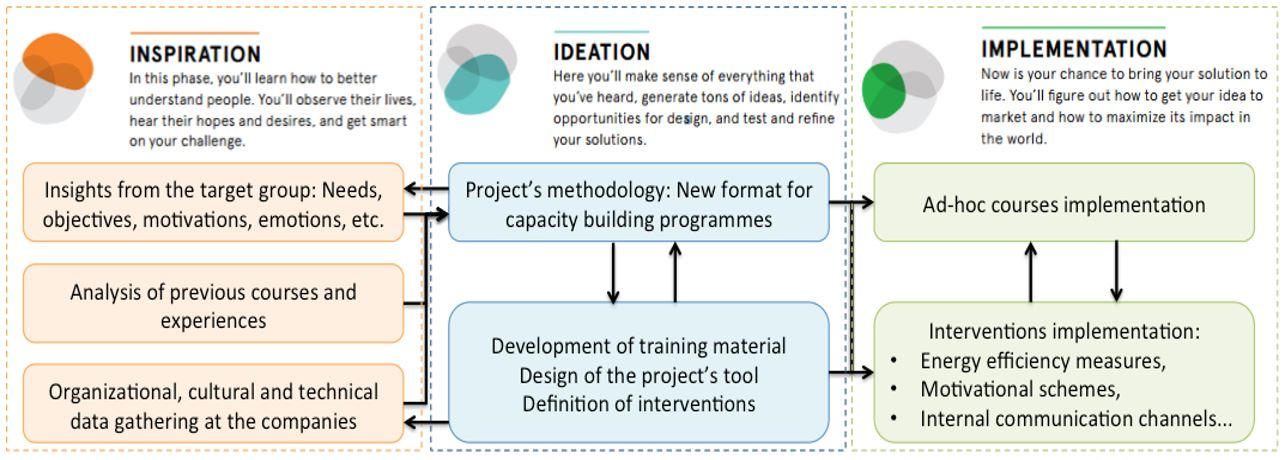 https://www.synyo.com/wp-content/uploads/SYNYO-NEWS-featured-image-NEW01007705EN.png
400
459
leo
https://www.synyo.com/wp-content/uploads/2017/09/synyo-logo.png
leo2025-01-01 10:47:112025-02-10 10:48:51BOND: Outcomes in Advancing Education, Tolerance and Heritage Preservation to combat Antisemitism
https://www.synyo.com/wp-content/uploads/SYNYO-NEWS-featured-image-NEW01007705EN.png
400
459
leo
https://www.synyo.com/wp-content/uploads/2017/09/synyo-logo.png
leo2025-01-01 10:47:112025-02-10 10:48:51BOND: Outcomes in Advancing Education, Tolerance and Heritage Preservation to combat AntisemitismINDUCE

INDUCE: First insights into existing capacity building programmes
Energy saving targets of the agro-food and other industries often lag behind due to existing barriers and inefficient decision-making processes. In INDUCE, a consortium of energy consultants, associations, and scientists uses a Human-Centred Design approach to overcome these shortcomings. This article gives you some first insights into existing capacity building programmes.
Why do energy savings targets of the agro-food and other industries lag behind, despite the increasing availability of energy efficient (EE) technology and that companies can perform audits to identify other, low-cost and no cost energy saving opportunities? Answering this question requires deep insights into the drivers and barriers in decision making processes regarding energy efficiency. While energy efficiency is not a companies’ core business, the benefits of making it ‘core to the business’ are considerable. So why is this so difficult?
The project started by assessing the most relevant training courses and capacity building programs to enhance corporate policy towards energy efficiency, as well as an inventory of evidence regarding their effectiveness, with a special focus on initiatives carried out in the agro-food industry. This will allow the consortium to identify

Figure 1: Overview of the Human Centered Design approach in INDUCE
The Human-Centered Design philosophy of this project holds that, once companies have a conscious understanding of how this works, they will understand that in some places in their organization this already happens and they can come up with ways for organizing these processes themselves. Figure 1: Overview of the Human Centered Design approach in INDUCE.
As the supposition of INDUCE reflects a lack of training and capacity building programs focused on organizational and behavioral aspects, our first report is an inventory of current practice of programs and finding out if these aspects are indeed less covered at current programs. This report will consist of an inventory of initiatives, platforms, tools, and interventions regarding energy efficiency (in the wider context of CO2 reduction) in the agro-food sector, specifically staff training and capacity building programs. Where available, information on user experience and results of the application of these tools will also be collected.
Links
INDUCE Project Website
Keywords
Energy efficiency, food and beverage industry, Energy-Efficiency Directive (EED), Human-Centered Design




